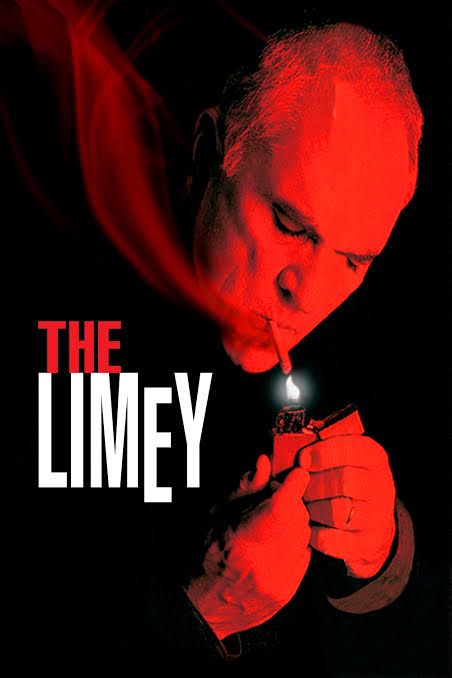Limey (1999)
The Limey, a 1999 crime drama directed by Steven Soderbergh, attempts to pay homage to the 1960s era of cinema through its use of unconventional editing and casting choices. The plot revolves around a British criminal named Wilson, played by Terence Stamp, who arrives in California after serving nine years in prison for armed robbery, seeking revenge for his daughter's death. The film's style, characterized by a mix of experimental techniques and gritty content, is reminiscent of 1960s cinema, and the casting of 60s icons Terence Stamp and Peter Fonda adds to this nostalgic feel. Despite an underdeveloped romantic subplot, The Limey is a recommended watch for cinephiles and those who enjoy old-fashioned genre films.
Film enthusiasts and historians alike tend to agree that the 1960s was a decade that brought about some of the most captivating and innovative films in cinematic history. From groundbreaking special effects to the emergence of the auteur theory, the 60s truly revolutionized the way that movies were made and experienced. This is why many contemporary filmmakers still attempt to pay homage to the era, often with mixed results. One of the more unusual and intriguing attempts to capture the essence of 60s cinema can be found in The Limey, a 1999 crime drama directed by the multi-talented Steven Soderbergh.
Set in contemporary California, The Limey tells the story of Wilson (Terence Stamp), a professional criminal from England who arrives in the United States after serving a nine-year prison sentence for armed robbery. Wilson's motive for making the trip is deeply personal: his daughter Jenny (Melissa George) has recently died in a traffic accident, and Wilson is convinced that her death was not accidental. Jenny's friend Eduardo Roel (Luis Guzman) has written Wilson a letter that raises suspicions about her long-time boyfriend Terry Valentine (Peter Fonda), an old and wealthy music producer who has recently become involved in some shady financial dealings. When Valentine's "security consultant" Jim Avery (Barry Newman) hires thugs to stop Wilson from investigating, Wilson meets Elaine (Lesley Ann Warren), Jenny's friend and former acting coach, who provides him with unexpected assistance.
While the plot of The Limey is relatively straightforward, it is the direction by Steven Soderbergh that truly sets the film apart. A master of experimental filmmaking, Soderbergh employs a unique editing style that switches between various points in time, uses the same dialogues in different scenes, and blends protagonist Wilson's visions with reality. This impressionistic approach to storytelling, based on the way that people's memory works, takes a little time for the audience to adjust to, but ultimately adds an intriguing layer of complexity to the film.
What is also interesting about The Limey is the way in which Soderbergh pays homage to 1960s and early 1970s cinema by blending experimental style with the gritty content that characterized the era. He achieves this through his casting choices as well; both Terence Stamp and Peter Fonda were icons of 1960s cinema before becoming typecast in later years. Stamp, in particular, delivers a strong performance as Wilson, a resourceful and mission-oriented man whose heavy use of Cockney idioms adds a humorous touch to his character.
In addition, the film's portrayal of Southern California's cool architecture, inhabited by suave and "posh" criminals, contrasts with the bleak working-class England embodied in protagonist Wilson. This juxtaposition creates an interesting combination for cinephiles, fusing together two classic films from many decades ago - Point Blank and Get Carter.
While The Limey may not be a flawless film, it is certainly a noteworthy addition to the crime drama genre. The film's only major flaw is an undeveloped romantic subplot involving Elaine, which seems to have been included solely to conform to Hollywood cliches. Nevertheless, The Limey remains a well-crafted and thought-provoking film that should be recommended to both film enthusiasts and those who appreciate classic genre pieces.
Thanks for reading! Kindly share your thoughts in the comment section!

Greetings
Beautiful article. Please do not forget to support other Blurtconnect publications.
Thank you for more engagement on posts in the Blurtconnect community.
Upvotes are regularly obtained on posts published by authors that engage with fellow Blurtians through comments under articles.
You can enjoy a friendly dialogue with Blurtians Here